Welcome and Keynote Resources
- WASTI Welcome (PDF)
- WASTI Welcome (PowerPoint)
- Mary Morningstar: To the Moon and Back (PDF)
- Mary Morningstar: To the Moon and Back (PowerPoint)
Wednesday’s Workshops
<<View Workshop Summaries as PDF>>
10:30-11:30 a.m.
Workshop #1
Leveraging the Power of Post-School Outcome Data: School Teams and DVR
Elaine Marcinek and Jay Shepherd
Golden Delicious
Post-school outcome (PSO) data provide a picture of life after high school for young people with
disabilities. Participants will learn about the robust PSO data available in Washington state, explore
outcomes by demographic categories, and discuss ways in which these data can be utilized to
support students as they transition from high school to the adult world.
Additional Workshop #1 resources:
Workshop #2
Leveraging Rural Strengths and Developing Community Partnerships
Drs. Josh Taylor and Holy Whittenburg
Gala 1-2
Transition age youth in rural communities experience poorer employment outcomes and often
receive less consistent transition services than their urban counterparts. However, rural communities
have unique advantages to offer, and effective transition planning and practices can leverage these
assets to improve outcomes. In this session, participants will learn solutions to common barriers to
rural transition planning, innovative strategies for implementing work-based learning experiences,
and ideas for nontraditional partnerships with rural community organizations and entities.
Additional Workshop #2 resources:
Workshop #3
Building Equity into Transition Practice and Service Delivery
Dr. James Sinclair
Gala 3-4
In this workshop we will discuss different anti-oppressive frameworks that can be applied to work
within the transition planning process. We will discuss a three-step process of (1) self-reflection, (2)
identification, and (3) action, to support individual transformation in transition planning and service
delivery. Participants are encouraged to come to this session with the intention to plan and
implement future change individually or within their local system.
Additional Workshop #3 resources:
12:45-1:45 p.m.
Workshop #4
Promoting Partnerships Leading to Positive Postschool Outcomes
Dr. Mary Morningstar
Golden Delicious
This workshop will share evidence-based resources and strategies to improve collaboration among
transition stakeholders including, VR providers, educators, community members, families and
students. Up-to-date information from the National Technical Assistance Center on Transition: The
Collaborative will be shared.
Additional Workshop #4 resources:
Workshop #5
CTE Graduation Pathways, HSBPs, and the Foundation of Hope for “At Promise” Young Adults
Dr. Kimberly Hetrick
Gala 1-2
The purpose of this workshop is to increase awareness and understanding of programs and
strategies related to post-secondary readiness and transitioning to better support our students and
families. Hope, a teachable skill set, is the foundational element for the High School and Beyond
Plan (HSBP) and successful post-secondary planning and transitioning. The HSBP is one of the most
valuable tools for student voice, choice, and advocacy and for informing and guiding transition
planning. The CTE graduation pathway has proven to be a successful graduation choice for students
who embrace alternative learning environments and hands-on, mastery-based learning. With hopeskilled students and students’ HSBP-driven strategies, student engagement in post-secondary
planning increases, as does students’ hope for a better tomorrow.
Additional Workshop #5 resources:
Workshop #6
Mental Health, Disability, Supports and Transitions to Recovery
Jonathan R. Beard, LICSW
Gala 3-4
Serious mental illness typically has its onset during late adolescence and early adulthood. Psychotic
disorders, such as schizophrenia, and mood disorders, such as major depression, are the two most
common types. Today, there are a variety of effective clinical treatments for these disorders. These
disorders often significantly and adversely impact social, academic, and vocational role and task
performance. These disabilities can be formidable and need their own services in addition to clinical
treatment. With both, young people can recover and move into their own lives. This workshop will
present a brief overview of these disorders and their clinical treatment, skills and supports that can
restore or accommodate social, academic, and vocational role and task performance, and
information on public sector mental health services, including a coordinated specialty care
approach known as New Journeys.
Additional Workshop #6 resources:
- Workshop slides (PDF)
- Workshop slides (PowerPoint)
- Where to Find Programs in Washington State (DOC)
- Economic Medical Social Benefits of Employment and Education (DOC)
- Higher Education Support Toolkit (PDF)
- New Journeys brochure (PDF)
- Behavioral Health map (PDF)
2:00-3:00 p.m.
Workshop #7
School-Based Transition Services in Washington:
Using Data from the TSAT to Understand and
Address Gaps in Services
Dr. Marcus Poppen
Golden Delicious
This interactive workshop will share the results of the most recent statewide evaluation of schoolbased
pre-employment transition services using the Transition Self-Assessment Tool (TSAT). Finding
suggest school-based transition services were access by fewer students 2021/2022 than in
2019/2020, and the perceived quality of these services was lower than in 2019/2020. This workshop
will review the TSAT results from 2021/2022, and demonstrate through activities an action planning
process that can inform coordinated services between schools and DVR.
Additional Workshop #7 resources:
- TSAT Statewide Summary Report – Fall 2022 (PDF)
- TSAT Guiding Questions (PDF)
- TSAT Guiding Questions (DOC)
- TSAT From Guiding Question to Action Planning (PDF)
- TSAT From Guiding Question to Action Planning (DOC)
- TSAT Action Plan (PDF)
- TSAT Action Plan – Sample (PDF)
- Sample Observations about District Data
Workshop #8
Engaging Students in Meaningful Conversations About Work: The Why and the How
Dr. Anya Sheftel
Gala 1-2
Work helps students meet basic human needs for power and survival, social connection, and self-determination. Yet, students with disabilities continue to have poorer employment outcomes when
compared to their peers without disabilities. This workshop will provide concrete strategies that VR
and school staff could use to engage students in conversations about work and to increase students’
motivation to engage in work experiences.
Additional Workshop #8 resources:
Workshop #9
Supporting Meaningful Work and Self-Determination for Students with
Intellectual and Developmental Disabilities
Dr. James Sinclair
Gala 3-4
In this workshop, participants will learn more about the Psychology of Working theory, which
discusses how individuals with and without disabilities make meaning from employment. This
presentation will discuss findings of a qualitative study examining self-determination of young adults
with intellectual and developmental disabilities in the workplace. Participants will examine their own
practices and identify how they can shift a mindset that employment is just a check-off box to
employment as a critical feature for a high quality of life.
Additional Workshop #9 resources:
<<View Workshop Summaries as PDF>>
Presenter Biographies (alphabetical)
<<View presenter biographies as PDF>>
Jonathan Beard
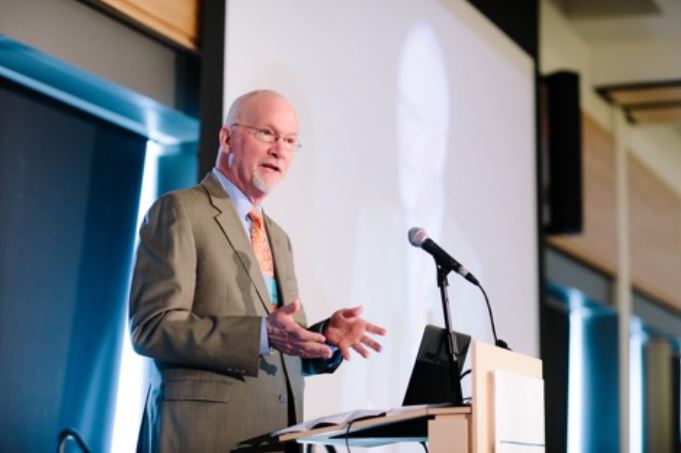
Jonathan R. Beard is a retired Washington State LICSW with many years of experience as a provider, supervisor
and senior executive in nonprofit and governmental mental health and other human service settings. He
possesses extensive experience in developing, providing, and supervising a variety of clinical, rehabilitation,
recovery based and other services to children and adults with serious mental illness and co-occurring
disorders. He recently retired from the University of Washington where he served a Program Manager in the
SPIRIT (Supporting Psychosis Innovation through Research, Implementation and Training) Lab in the
Department of Psychiatry and Behavioral Sciences in the School of Medicine. A primary focus of his work there
was supporting evidence based team approaches such as Assertive Community Treatment for adults with
serious mental illness and New Journeys for youth and young adults experiencing a first episode of psychosis.
Kimberly Hetrick
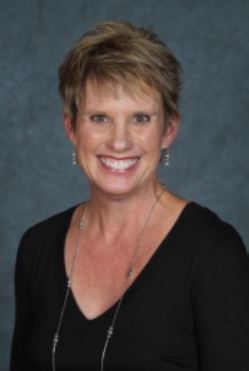
Kimberly Hetrick, Ed.D. is the Director of Career Connect Learning/CTE Graduation Pathways for Olympic Education Service District 114 in Bremerton, WA. Passionate about integrating hope science, core academics, and career and technical education (CTE), she believes all educators have the responsibility to become career
conversationalists to help students align their passion and purpose and to prepare students for post-secondary pathways. Kimberly is a certified career development facilitator, and seasoned CTE and ELL educator, and has worked in district curriculum K-12, college, and career counseling, as well as workforce development.
Cinda Johnson
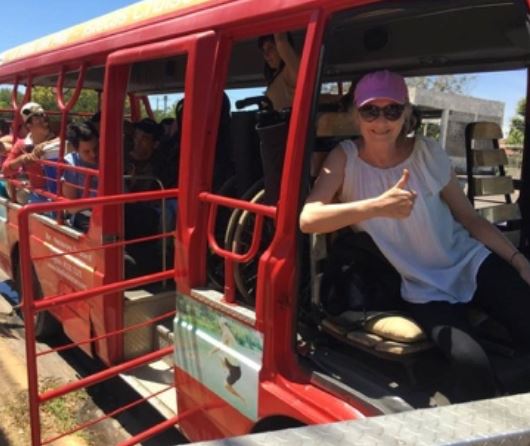
Dr. Cinda Johnson worked in the field of transition for most of her career. She is the principal investigator for the Center for Change in Transition Services, emeritus professor at Seattle University, author, prolific reader, curious traveler, adventurous cook, hiker, swimmer, and new bike owner.
Mary Morningstar
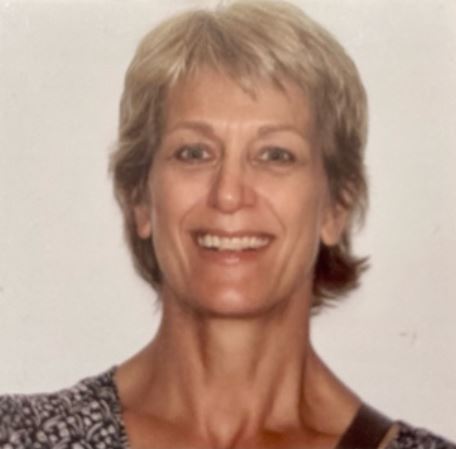
Dr. Mary E. Morningstar is a Professor in Special Education at Portland State University and Co-Director of the Career and Community Studies program, a fully inclusive postsecondary education program for youth with intellectual disability. She is Director of the Transition Coalition, and is currently co-director of the OSEP and RSA jointly-funded National Technical Assistance Center on Transition: The Collaborative. Her digital and webbased
professional development has extended for over 15 years, through the Transition Coalition, www.transitioncoalition.org Elaine Marcinek.
Elaine Marcinek
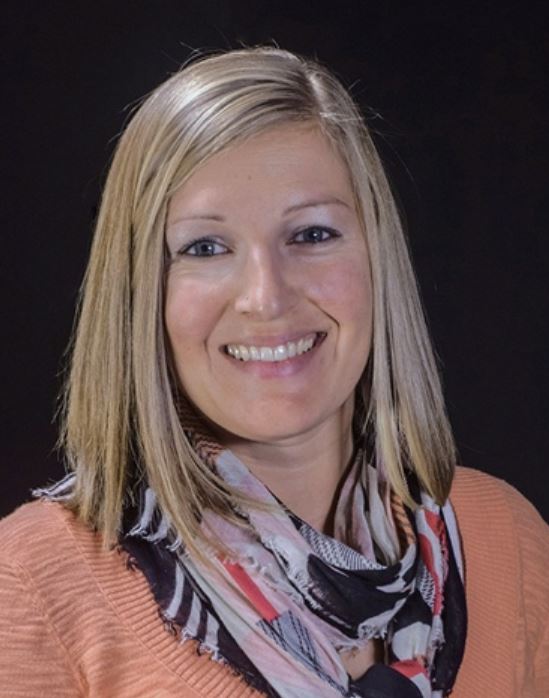
Elaine Marcinek is the Co-Investigator/Director of the Center for Change in Transition Services (CCTS) at Seattle University. Elaine attended the University of Washington, where she obtained her bachelor’s degree in business. She also holds an MBA and has spent the majority of her career in proprietary education, with
opportunities to work in financial aid, operations, and as a Campus Director. Her passions include sailing, spending time with her family and being creative in the kitchen.
Anya Sheftel
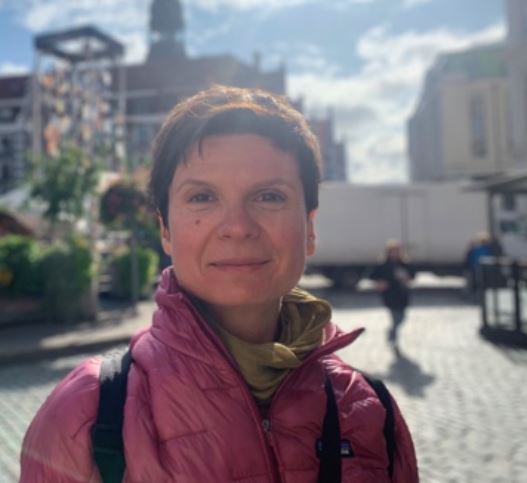
Dr. Anya Sheftel is a Research Assistant Professor in Special Education at Washington State University, and a motivational interviewing practitioner and trainer. Dr. Sheftel designed a career development intervention (Motivational Enhancement Group Intervention; MEGI) that is currently being used in Oregon and Washington as a pre-employment transition service focused on self-advocacy. Additionally, as a licensed psychologist, Dr.
Sheftel has worked with youth with disabilities in educational and community settings and is passionate about supporting self-determination career development of youth with disabilities.
Jay Shepherd
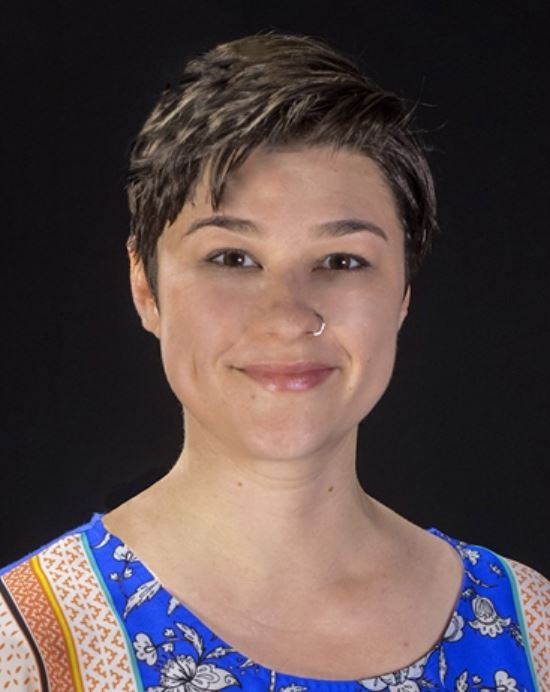
Jay Shepherd is the Director of Digital Content and Accessibility at the Center for Change in Transition Services (CCTS) at Seattle University. Jay draws on over 20 years of experience in the arts and education to deepen their understanding and implementation of accessible design and inclusive practices. Having joined the CCTS team in 2016, Jay values the continued opportunities to learn from and support educators and administrators throughout Washington.
James Sinclair

Dr. James Sinclair is a Research Associate in the Center on Human Development within the Department of Special Education and Clinical Sciences at the University of Oregon. Dr. Sinclair has focused his research on promoting positive postschool outcomes for students with disabilities. He engages in research on the delivery of school-based mental health services for high school students with disabilities, equity within transition research, and supporting employment for adolescents and young adults with intellectual and developmental disabilities.
Marcus Poppen
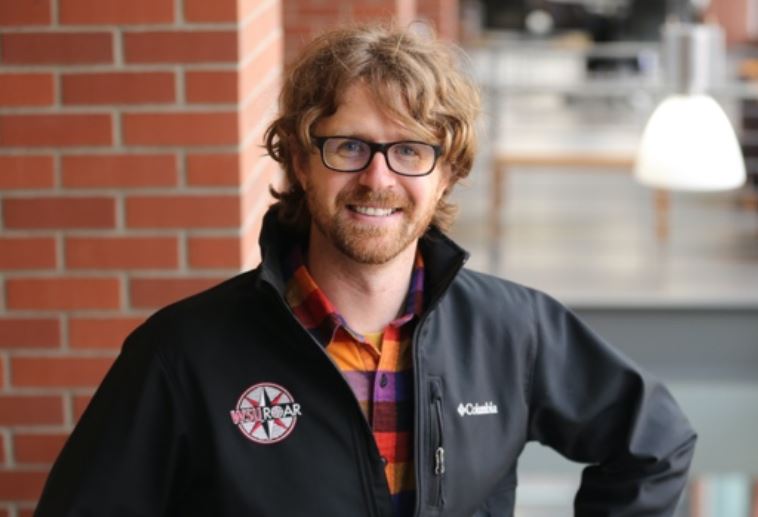
Dr. Marcus Poppen is an Associate Professor of Special Education at Washington State University. His work is focused on supporting positive post-secondary outcomes for young adults with disabilities through the implementation of evidence-based transition services and supports. He is particularly passionate about school and Vocational Rehabilitation collaboration, and the ways that schools and local VR agencies are ensuring the coordination and delivery of pre-employment transition services to improve transition outcomes for youth and young adults.
Josh Taylor
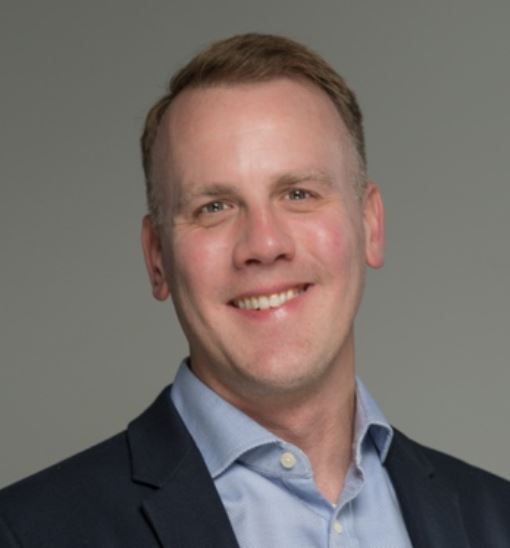
Dr. Josh Taylor is an Assistant Professor of Special Education in the Department of Teaching and Learning at Washington State University. His research focuses on promoting lifelong success for individuals with autism and developmental disabilities through implementation of evidence-based practices in inclusive school, work, and community settings.
Holly Whittenburg
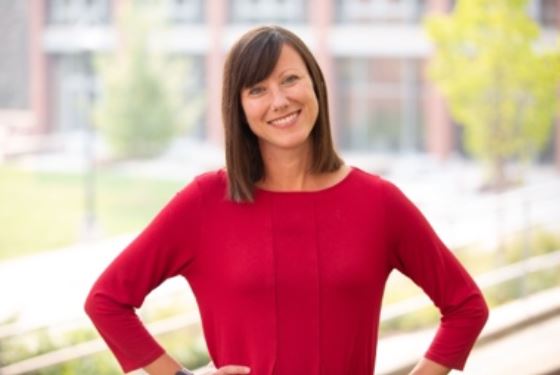
Dr. Holly Whittenburg is an Assistant Professor of Special Education at Washington State University and codirector of the Washington Transition Program. Her research focuses on improving employment outcomes for transition-aged youth with intellectual and developmental disabilities and how special education and
vocational rehabilitation policies affect the transition experiences of students with disabilities.